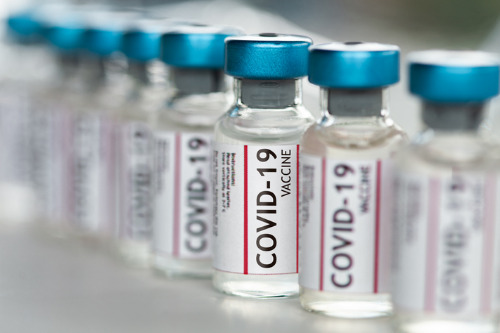

General practitioners administering COVID-19 vaccines are calling for a “no-fault” compensation scheme as the federal government continues to work on the indemnity scheme it had promised in June.
Prime Minister Scott Morrison had announced the indemnity scheme in June to protect GPs and speed up Australia’s vaccination campaign.
A spokesperson for Health Minister Greg Hunt told ABC News, however, that the scheme is yet to be finalised.
"The details of the scheme are currently being finalised with the peak bodies," the spokesman told ABC News. "As said at the time of the announcement, the scheme takes effect from the commencement of the vaccination program in 2021."
Melbourne GP Anita Munoz told ABC News that a lack of an indemnity scheme could impact the country’s inoculation campaign because practitioners would be hesitant to administer the AstraZeneca vaccine, which is linked to a very rare blood clot side effect.
"There's a concern there's a lack of insurance to cover the patient should there be a side effect so I have little doubt a really well documented and clearly explained insurance scheme would do a lot to assuage people's concerns about that," said Munoz. "Understandably there are GPs out there that think having to go through a legal process because a patient needs compensation for what we know is [an] extremely rare but not impossible side effect feels like it would just be the straw that would break their back.”
Meanwhile, Omar Khorshid, president of the Australian Medical Association (AMA), warned that the continued lack of details from the government left GPs unprotected from costly legal battles and rising premiums.
"Right now, if a GP was found to be negligent in the way they had delivered the vaccine and that had contributed to the harm, then the GP would be liable for the payout and that would be covered by the GP's insurance," Khorshid told ABC News. “It requires the injured party to prove the doctor was actually negligent, not just prove they've been injured. That's quite a high bar, it's a traumatic process both for the patient and doctor to go through and it's the last thing we need when we're trying to get the population vaccinated and move on from this process."
In response, medical groups are calling for a "no-fault" compensation scheme, similar to programs in the US and the UK.
Nick Wood, associate professor at the University of Sydney's Faculty of Medicine and Health, told ABC News that the scheme would allow GPs to avoid lengthy and expensive court processes.
“You don't have to prove anything, you just have to show you did indeed have that particular adverse event and it's independently verified — but you don't have to fight for it, so to speak,” said Wood. “It's designed for the community, so if you get a rare adverse effect from a vaccine that's administered properly and under the guidelines, that person is entitled to compensation under these schemes which exist in many countries including the UK and US."
